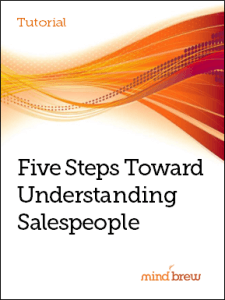When considering advanced pricing technologies, there are often concerns that the technology may be trying to do too much. Of course, these concerns are usually expressed in ways that sound very reasonable and sensible on the surface:
- “Our market is too volatile to take all of the necessary factors into account.”
- “Our data is so dirty and unstructured that it can’t be used as a reliable source.”
- “Our competitors are always doing things that a system can’t possibly see.”
- “There’s a lot about this business that can only be learned through experience.”
However, since all of these concerns can be addressed in a technological solution, one has to wonder if there’s something else going on. Could it be that these concerns are covering deeper and more personal concerns? Could the undertone be a worry that if a technological solution is too smart, they or their teams might become expendable?
After all, we don’t see switchboard operators anymore—PBX systems have eliminated the need for that function. And, we don’t see nearly as many sales admins as we used to—with CRM solutions, that function has been largely disintermediated.
Following this logic, it’s easy to see how advanced pricing technologies might be perceived as a threat to job security.
But here’s the thing:
The telephone operators and sales admins in the analogy didn’t vanish into thin air. Their atoms didn’t lose cohesion and dissipate into the ether just because some of their manual and mundane tasks were eliminated or automated. Their roles and functions just changed…and in most cases, they changed for the better.
Similarly, advanced pricing technologies can indeed automate or eliminate many manual tasks. And yes, these technologies can do certain things at a level of scale, speed, and accuracy that we humans could never hope to replicate.
But instead of seeing this as a threat, we should recognize it an opportunity. It’s an opportunity to break free of the mundane tasks. It’s an opportunity to tackle bigger and more important projects. It’s an opportunity to finally get out of the tactical grind and become more strategic in our organizations.
Let technology do the heavy-lifting—because we humans have better things to do.













